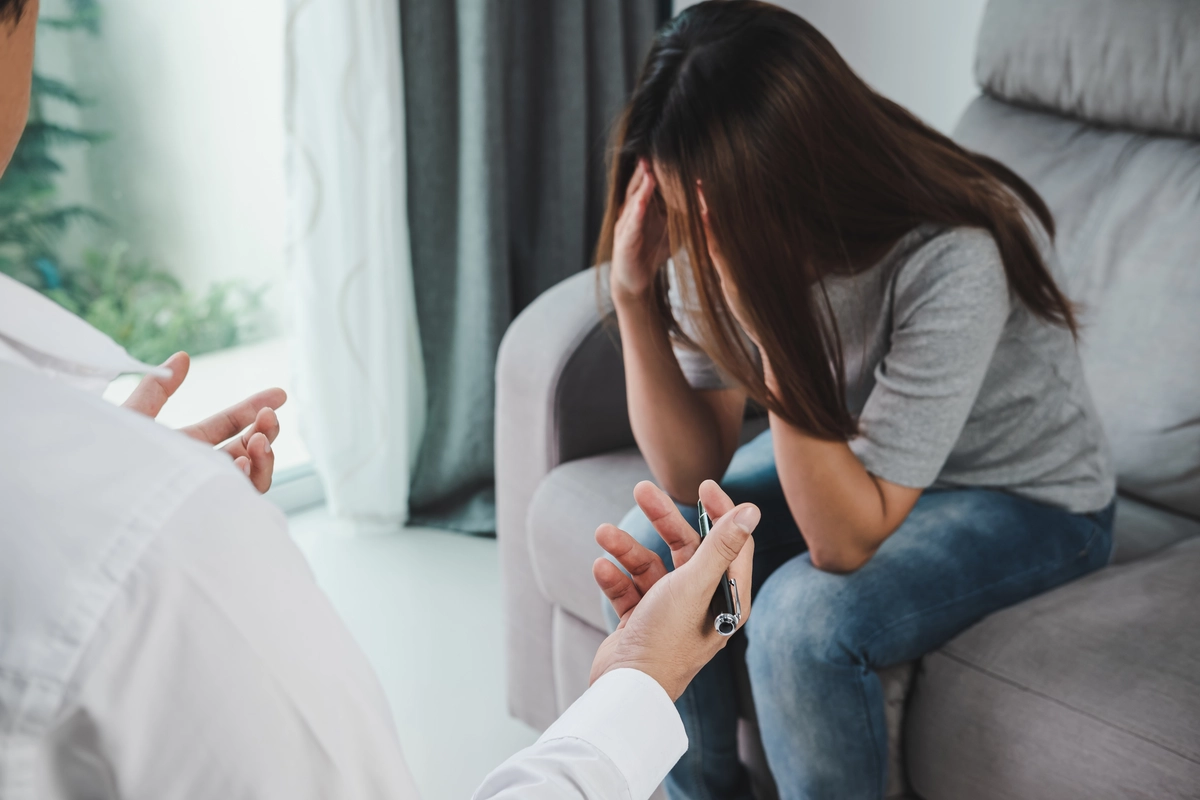24/7 Helpline:
(866) 899-221924/7 Helpline:
(866) 899-2219
Learn more about Bipolar Disorder Treatment centers in Blakely
Bipolar Disorder Treatment in Other Cities

Other Insurance Options

Carleon

Sutter

Lucent

Optum

Holman Group

Coventry Health Care

WellPoint

BHS | Behavioral Health Systems

United Health Care

CareSource

State Farm

Health Partners

ComPsych

Optima

Sliding scale payment assistance

Medical Mutual of Ohio

GEHA

Horizon Healthcare Service

CareFirst

Providence

Early County Mental Health Center
Early County Mental Health Center is a public rehab located in Blakely, Georgia. Early County Mental...











































